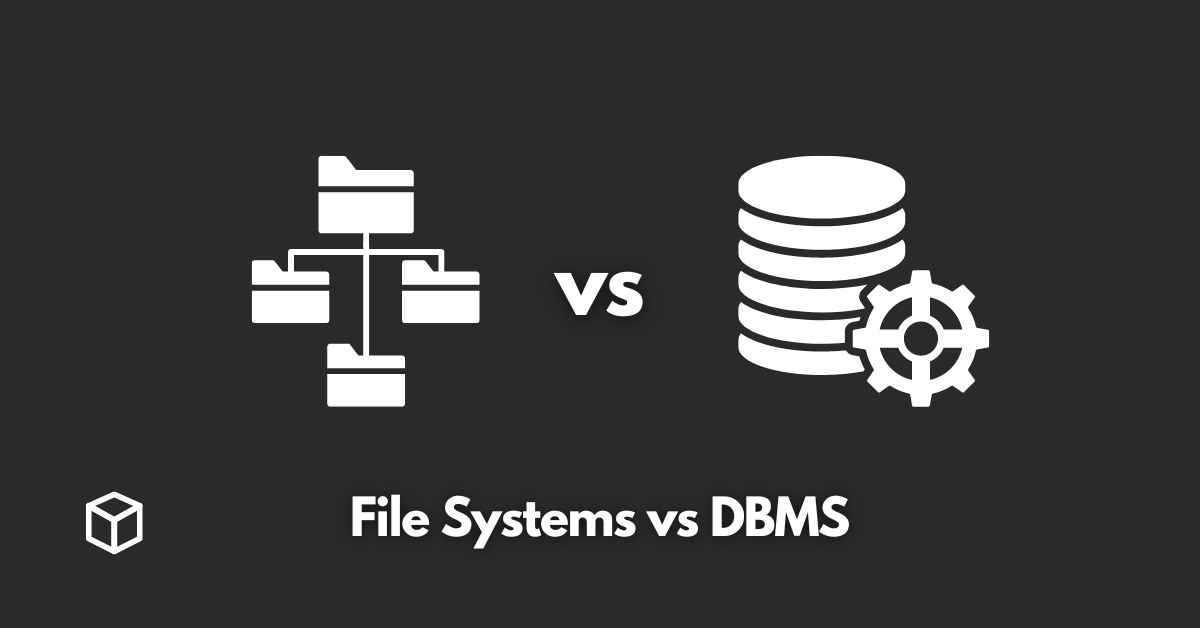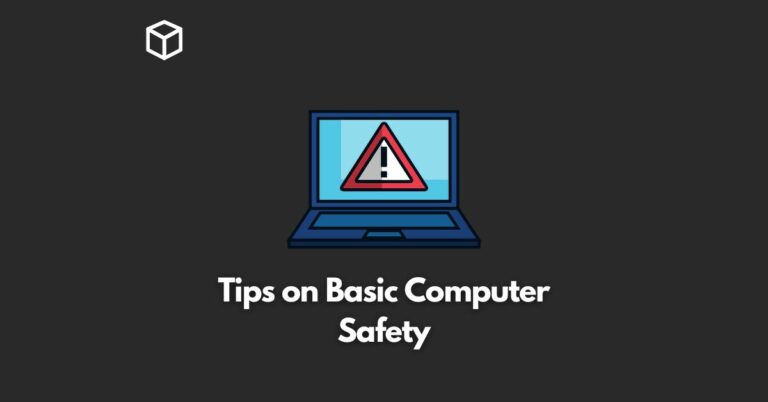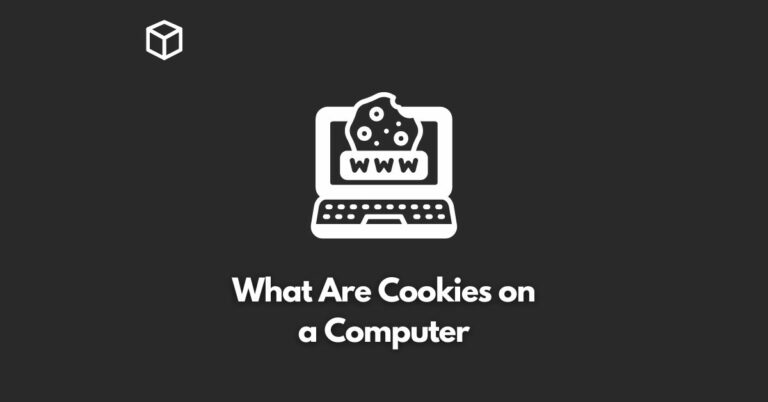In the world of data storage and management, there are two main options available: file systems and DBMS (database management systems).
Both are used for storing and managing data, but they have different strengths and weaknesses.
Understanding the differences between these two options can help you make an informed decision about which one is best for your specific needs.
File Systems
A file system is a way of organizing and storing files on a computer or other device.
It is the basic method that an operating system uses to keep track of files and directories.
File systems are simple to understand and use, and they can store any type of file.
They are also portable, which means that files can be easily transferred between different devices.
However, file systems also have some disadvantages.
One major drawback is the lack of organization.
Files are scattered throughout the system, making it difficult to find specific information.
Additionally, file systems offer limited security, as files are vulnerable to unauthorized access or deletion.
As the number of files grows, it becomes increasingly difficult to manage them efficiently.
DBMS
A DBMS, on the other hand, is a software system that is designed to manage a database.
A database is a collection of data that is organized in a specific way, such as by using tables, rows, and columns.
DBMS are optimized for handling large amounts of data and can be used to organize data in a way that makes it easy to retrieve specific information.
One of the main advantages of using a DBMS is the organization it provides. Data is stored in a structured format, which makes it easy to retrieve specific information.
DBMS also offer improved security, as data is protected from unauthorized access or deletion. Additionally, DBMS are designed to handle large amounts of data efficiently.
However, DBMS can be complex to understand and use, and they are not as flexible as file systems.
They are typically designed for specific types of data, such as relational data.
Another disadvantage of DBMS is that if the system goes down, all data stored in it becomes inaccessible.
Conclusion
In conclusion, both file systems and DBMS have their own advantages and disadvantages.
File systems are simple to understand and use, and they can store any type of file.
However, they lack organization and offer limited security.
On the other hand, DBMS provide improved organization and security, and they are optimized for handling large amounts of data.
However, they can be complex to understand and use, and they are not as flexible as file systems.
The best option depends on the specific requirements of the application and a technical expert should be consulted before making a decision.
In summary, file systems and DBMS are two different options for storing and managing data, each with its own strengths and weaknesses.
Understanding the differences between these two options can help you make an informed decision about which one is best for your specific needs.
Whether you choose a file system or a DBMS, it is important to work with a qualified technical expert to ensure that your data is properly stored and managed.




